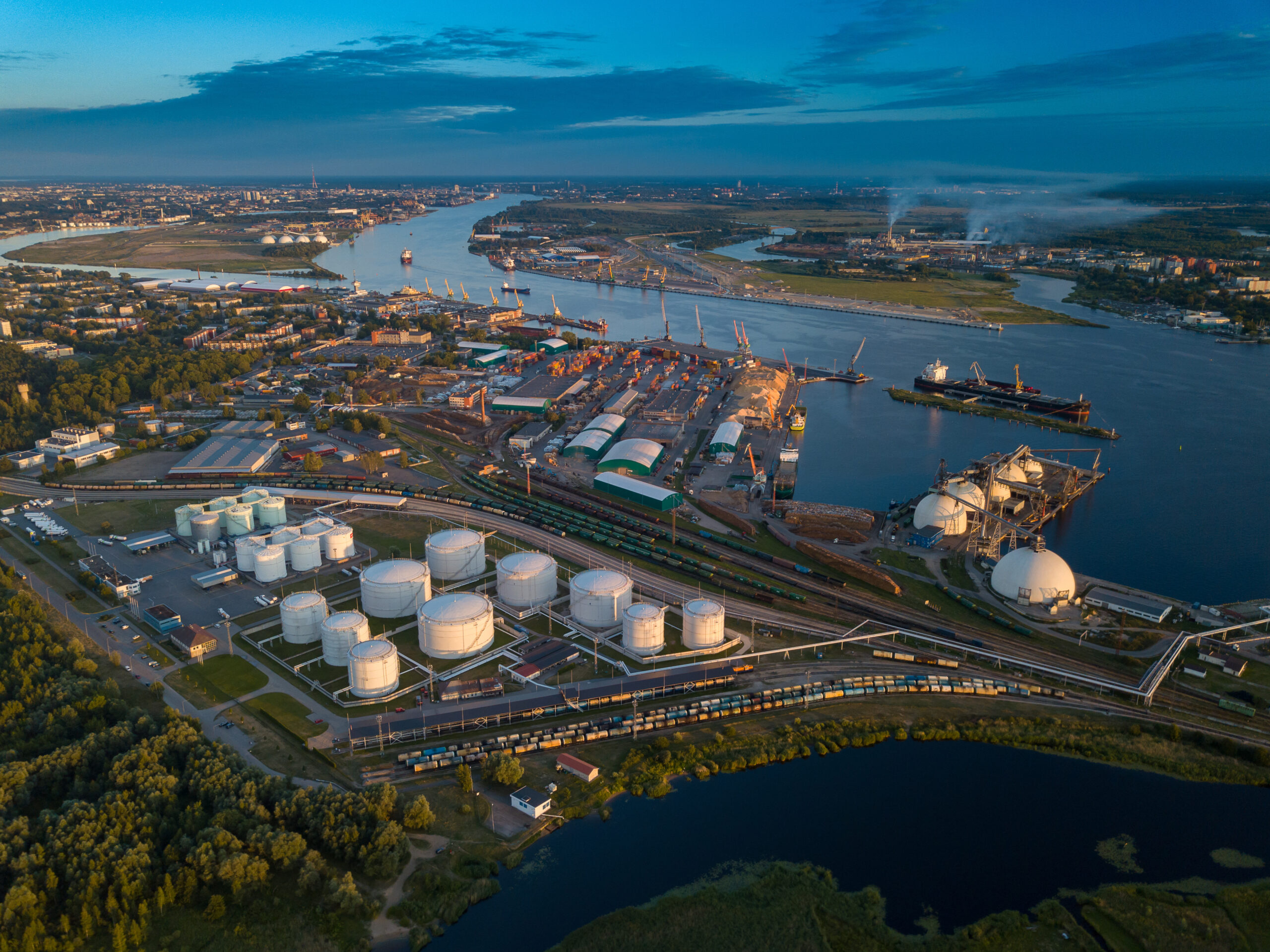Europe’s ambitious CCS plans attract criticism
Over-reliance on CCS in decarbonisation plans might prolong the role of fossil fuels in economies, experts warned.

The EU is looking to ramp up deployment of carbon capture and utilisation technologies as part of a wider plan which targets 450 million tonnes of captured CO2 by 2050, however the potential for prolonged dependance on fossil fuels raises questions, commentators told Gas Outlook.
According to a draft of the EU’s Industrial Carbon Management Plan that was circulated in the media in recent weeks, the European Commission is planning to capture 50 million tonnes/year of CO2 by 2030, amid targets to curb overall emissions by 55% by that date and to reach carbon neutrality by 2050.
By 2050, most of the remaining emissions from the EU industrial sector, such as steel and cement factories, will have to be captured and stored. As much as 100 million tonnes/year of CO2 captured will relate to the power sector and 100-200 million tonnes/year will be captured directly from the atmosphere, according to the document.
The CO2 will also be utilised in sectors such as synthetic fuel production, amid the expected phase- out of fossil fuels in transport.
The captured carbon will also serve as a feedstock for the production of plastics and other chemicals.
To support those plans, Europe aims to build a network of CO2 transportation and storage systems.
Transportation of CO2 will rely on both pipelines, ships, road and rail transport.
Already, 20 EU member states have included carbon capture and storage (CCS) and carbon capture and utilisation (CCUS) in their national energy and climate plans (NECP), and seven – Belgium, Croatia, Denmark, Finland, Germany, Greece and Sweden – have included them in their Recovery and Resilience plans.
However, Denmark, the Netherlands and Norway are the only countries where subsidy schemes are already in place to accelerate the development of carbon capture infrastructure.
Carbon capture has attracted criticism in recent years, amid fears that over-reliance on these technologies in decarbonisation plans might prolong the role of fossil fuels in economies.
“Deploying CCS technologies alongside fossil fuels won’t reduce Europe’s dependance on imports of those resources and could potentially lead to ‘lock-in’ risks in fossil fuel investments, as building CO2 infrastructure requires huge investments,” a spokesperson for Italian think-tank ECCO Climate, told Gas Outlook.
Adoption of CCS solutions should be limited to hard-to-abate sectors, she said.
Moreover, ramping up carbon capture in Europe faces hurdles such as the limited availability of storage sites, with the market currently mostly relying on depleted fossil fuel fields as well as salt caves, she said.
The correct management of facilities in order to avoid potential leakages, as well as the monitoring of the levels of CO2 captured, are among the main challenges faced by European countries, she added.
A 2022 study by the Institute for Energy Economics and Financial Analysis of 13 CCS projects, accounting for more than half of global capacity, found that the vast majority underperformed against their targets.
“CCS technology has been going for 50 years and many projects have failed and continued to fail, with only a handful working,” author Bruce Robertson said.
“Many international bodies and national governments are relying on carbon capture in the fossil fuel sector to get to net zero, and it simply won’t work,” he said.
Meanwhile lobby group CCS Europe criticised the lack of concrete measures to support the nascent CCS industry.
“The draft ICMS is a document that is long on analysis and short on action,” CCS Europe’s director Chris Davies told Gas Outlook.
“If the EU ambitions for CO2 reductions proposed in the Industrial Carbon Management Strategy are to be achieved, the Commission must start to make deployment of the technology a priority.”
“To do so, it must bring Member States on board…to date, the majority of governments across the Union have clearly not recognised the need to act,” he continued.
“This is borne out by the fact that only seven Member States have made any mention at all of CCS in the recovery and resilience chapters of their draft emission reduction plans.”
The Commission is expected to issue a final version of the plan in early February.
